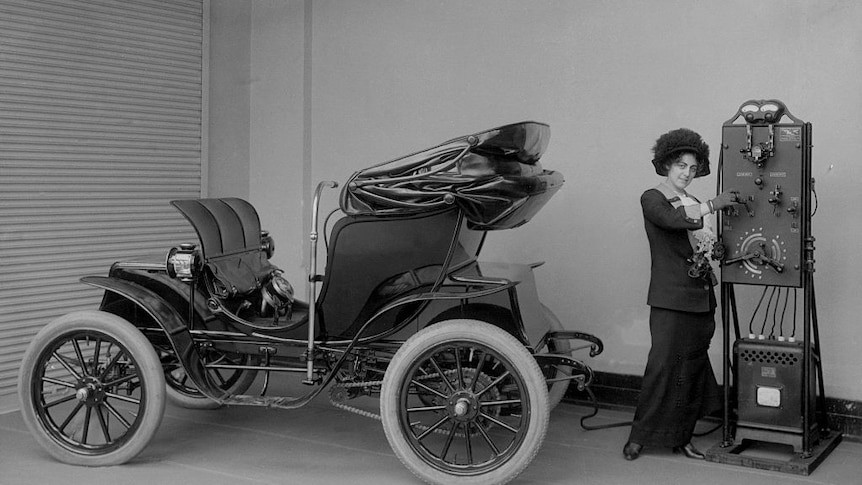Introduction
First electric vehicles (EVs) have come a long way since their invention in the early 19th century. Today, they are considered to be a key component in the fight against climate change and are increasingly popular among consumers. But who created the first electric vehicle? In this article, we will explore the history of EVs and the early inventors who paved the way for their development.
Early Inventors
The history of EVs dates back to 1834 when Thomas Davenport, a blacksmith from Vermont, built the first electric motor. He used his invention to power the small model car, making it the first electric vehicle of sorts. However, Davenport’s car was not practical for everyday use and was more of a novelty item.
In 1884, Thomas Parker, a British inventor, built the first practical electric vehicle. He first built an electric tricycle, which he powered using a battery. He then went on to build an electric car, which he called “Electromobility”. Parker’s electric car was the first vehicle of its kind to be powered solely by electricity, making it a true electric vehicle. He also built an electric van in 1890, which was used for commercial purposes.
Development of the First Electric Vehicle
Thomas Parker’s electric tricycle, built in 1884, was the first practical electric vehicle. It was powered by a battery and was able to travel at speeds of up to 14 miles per hour. The tricycle was not intended for commercial use, but it was a significant step forward in the development of EVs.
In the same year, Parker built the “Electromobile”, the first electric car. It was also powered by a battery and was able to travel at speeds of up to 14 miles per hour. The electromobility was not a commercial success, but it was an important step forward in the development of EVs.
In 1890, Parker built an electric van, which was used for commercial purposes. The van was powered by a battery and was able to travel at speeds of up to 14 miles per hour. It was used for deliveries in London and was considered to be one of the first practical EVs.
Commercialization of Electric Vehicles
The first electric vehicles on the market were not practical for everyday use and were more of a novelty item. However, with the development of Parker’s electric car, van, and tricycle, the commercialization of EVs began. The early electric vehicles faced several challenges, including limited range, high cost, and lack of charging infrastructure.
Gasoline-powered cars were also becoming increasingly popular and were seen as more practical than electric vehicles. This made it difficult for early electric vehicle manufacturers to compete. In the early 20th century, electric vehicles were mainly used for commercial purposes, such as deliveries and transportation of goods.
Despite these challenges, electric vehicles continued to be developed and improved upon. In the 1920s, some luxury car manufacturers began to offer electric models, but they were still not widely adopted by consumers. It wasn’t until the oil crisis of the 1970s that interest in EVs began to pick up again.
Conclusion
Electric vehicles have come a long way since their invention in the early 19th century. The early inventors, such as Thomas Davenport, Thomas Parker, and others, paved the way for the development of EVs. Their inventions and innovations were important steps forward in the commercialization of electric vehicles.
Today, EVs are considered to be a key component in the fight against climate change and are increasingly popular among consumers. With advancements in technology and increasing concerns about the environment, the future of EVs looks bright.
In conclusion, it’s important to acknowledge the role of early inventors in the development of electric vehicles.
Also Read: What size battery is found in hybrid electric vehicles?

Great beat ! I would like to apprentice while you amend your web site, how could i subscribe for a blog site? The account helped me a acceptable deal. I had been a little bit acquainted of this your broadcast provided bright clear concept
sure